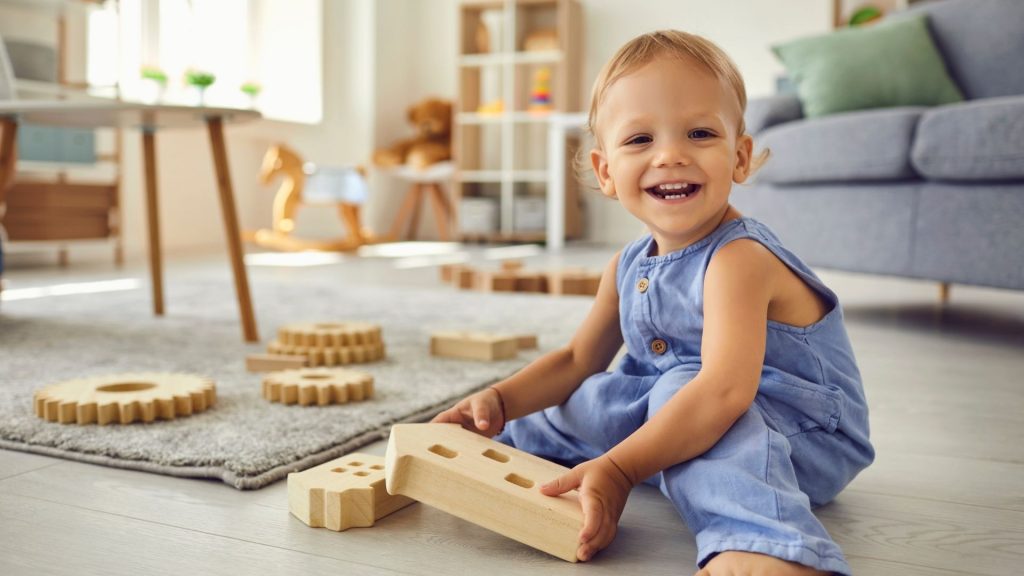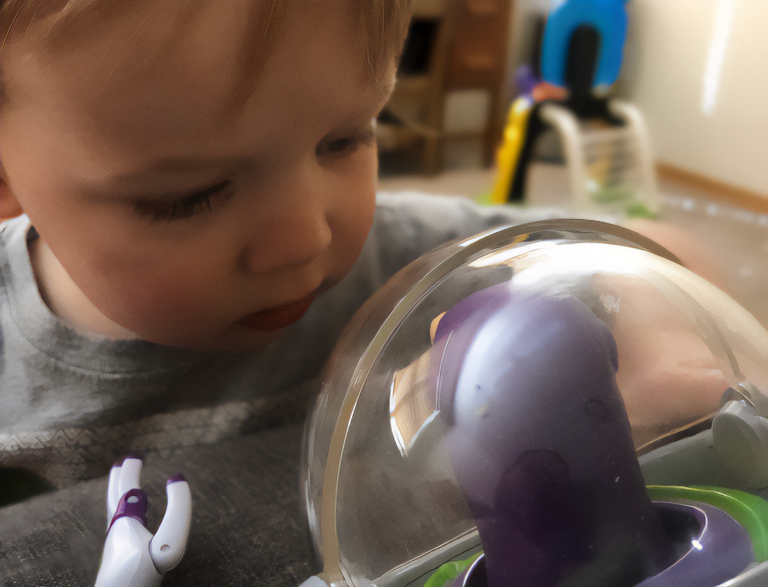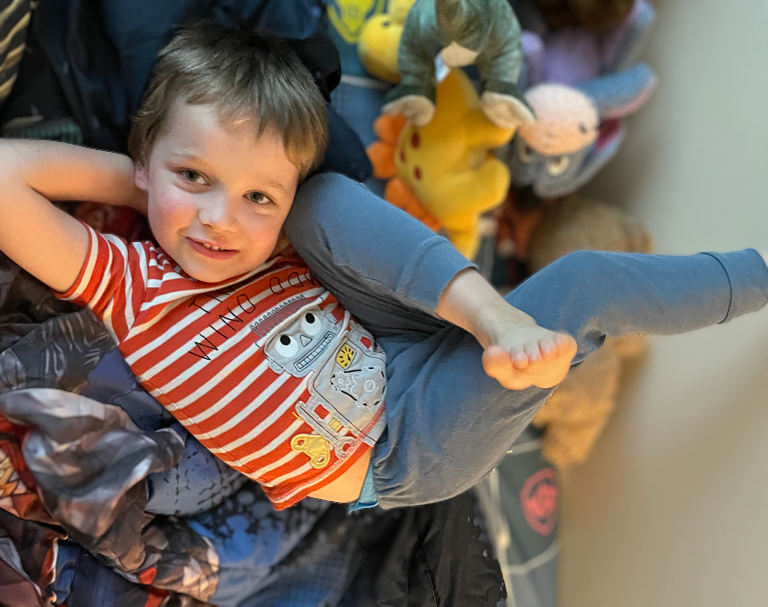Study Shows Pandemic Has Lasting Negative Effects On Baby Brains
Research suggests the pandemics' effects might be worse than imagined, as research points to lasting effects on babies' brains.

Research regarding the negative effects of the COVID pandemic continues to worsen. Studies show how adults are suffering long-term mental health issues, and students’ daily lives have been disheveled. But possibly in the most disturbing study yet, new research suggests babies’ brains may develop differently in a post-pandemic world.
A study conducted in California by the Education Trust-West stated that about three out of four California parents with children aged five and under feared that their children’s development would suffer because of the pandemic. With new studies implying that babies and toddlers are developing differently now, the outlook is dismal. Some advocates believe the effects on babies’ brains may be long-lasting if steps are not taken to remedy the circumstance.

The formative years are crucial in developing babies’ brains. Generally speaking, this timeframe lasts from birth to eight years old. In the first few years of life, more than one million neural connections are formed every second inside the brain. An amazing scientific phenomenon, babies’ brains develop at a surprisingly high rate in the first few years of life. So it’s not an odd concept to imagine that the biggest health crisis of our lives could possibly have lasting effects on little ones’ cognitive development.
For young children and babies, the formative years of development were defined by a pandemic that brought stress, trauma, and social isolation to the entire world. And while these concerns affect everyone, the effect on babies’ brains may be significant. There has been a lot of research recently examining all aspects of the pandemic, including those on increased developmental delays.
Serve and return, or relationships between babies and adults that are responsive and attentive deal with back and forth interactions as a means to build a strong foundation in babies’ brain development patterns. During the pandemic, babies might not have gotten enough of this development. Babies learn to speak in part by watching adults’ mouth and lip movements. Some believe that babies that were put in situations where they spent hours and hours of the day in the care of masked adults may have suffered from a lack of serve and return.

Stressed-out caregivers also might have played a role in babies’ brain development. Stable and calm environments foster young one’s brain development as well. And more than ever, these types of environments seemed hard to come by in many households rippled by the pandemic. More than ever, studies have shown that parents’ and adults’ overall stress levels sky-rocketed in the last few years- and this stress oftentimes affects how attentive caregivers may have been to infants’ needs.
While the beliefs and research may be startling, it is still subjective. Every situation is different, and there is still no solid evidence that the pandemic will truly have long-lasting effects on babies’ brains. With that being said, there are measures parents can take to combat permanent impressions. Many excerpts, like Lauren Shuffrey who is a neuroscientist, say babies’ brains are “shaped by many contextual factors.” Instead of focusing on gloom and doom, Shuffrey says it’s important to continue monitoring younger children’s cognitive development. Children are resilient, as the saying goes, and there are plenty of excerpts that back that belief up.







